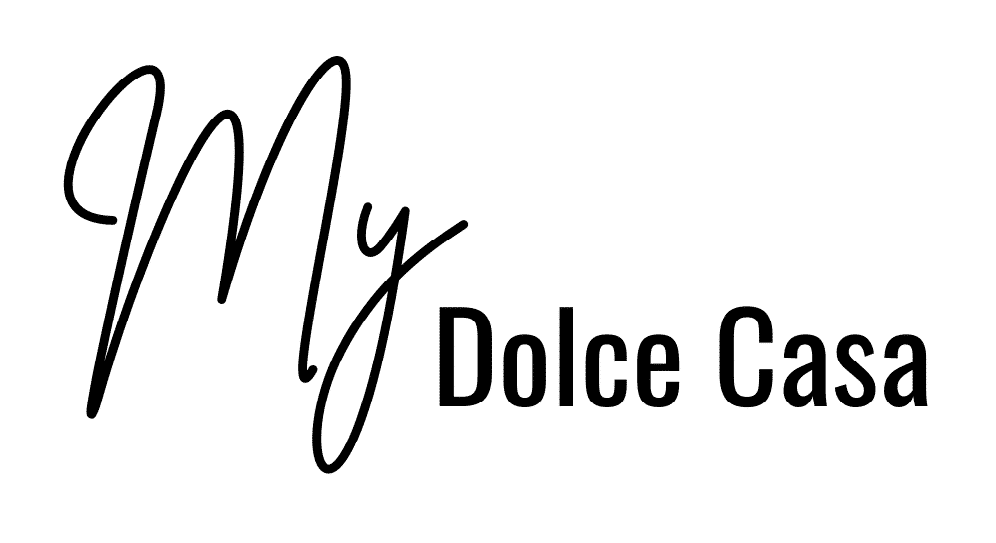If you want to spend more than a few weeks in Italy and are not yet retired, you’ll likely have to find a way to make a living. Working in Italy as an expat involves following the local laws and regulations to either find a job or open a business. This is easy to do for EU citizens and more complicated for non-EU nationals.
There are many income opportunities throughout Italy if you know where to look. Whether through large international companies, teaching English, or starting your own business, you can live in Italy comfortably, even if you don’t speak the language.
Can I work in Italy as a foreigner?
The short answer to this question is “yes.” You can absolutely live and work in Italy as a foreigner.
For citizens of EU member countries, working in Italy is relatively straightforward due to the principles of the European Union’s freedom of movement. EU citizens can live and work in Italy without needing a work visa or work permit.
When you get to Italy, you’ll need to apply for residency within 90 days. This process involves registering with the local authorities in the city or town where they intend to reside. EU citizens must also obtain a Codice Fiscale (tax identification number) from the local tax office, which is essential for legal employment, opening a bank account, and handling financial matters.

While the process for North American citizens is not as straightforward, it is still possible to work in Italy. But to live and work in Italy, unless you have Italian ancestry that allows you to claim Italian citizenship, you will need a work visa in most cases.
Typically, non-EU foreigners need to get a job offer from an Italian employer to obtain a work visa. This employer will need to sponsor the work visa application, which means they must provide documentation to justify hiring a foreign worker instead of an EU citizen. This process may take some time and effort, as it requires navigating Italian bureaucracy and adhering to specific visa requirements.
How to make a living in Italy as an expat
Italy’s aging population and educated Italians often leave the country looking for jobs elsewhere, which leaves a large skills shortage that may fit your description.
We’ll discuss the top job opportunities in Italy available to you. Of course, if you can speak Italian, your job options will increase.
1. English language teaching
As English continues to be a widely sought-after skill in Italy, there is a consistent demand for English language teachers. The English teaching market is huge in Italy. Language schools are in every neighborhood, and some even place you in high schools and private schools.
While having a TEFL (Teaching English as a Foreign Language) certification is advantageous, some schools may hire native English speakers without formal teaching credentials. However, it may be difficult to get visa sponsorship from a language school, and many will only hire you if you already live in Italy.
If you are a professional teacher with experience in the classroom, getting a job at the many international schools is a great option, and many will help you with your visa paperwork. There are 88 international schools in 26 cities throughout Italy, so you’ll have plenty of opportunities to explore the country and find the right job for you.
You can also try private tutoring or teaching online, though this will likely only be an option for you if you already have a visa.
2. Tourism and hospitality industry
Italy’s thriving tourism industry constantly requires multilingual staff to cater to the millions of tourists visiting the country each year. From Rome to Venice, Tuscany to Pompeii, there are so many popular destinations that have world-renowned restaurants and hotels that need English speakers.

Other jobs in this sector include hotel and restaurant staff, customer service representatives, and retail. You’ll find it easier to get jobs if you speak additional languages, particularly Italian.
3. Tour guide
Along the same lines as tourism and hospitality, you’ll often see huge groups of ear-budded tourists wandering the streets of Rome, Florence, Venice, and more. Tour guides aren’t only used for neighborhoods, but they’re needed in museums, churches, and other culturally significant spaces.

Getting a job as a tour guide is a great way to make some money as a temporary job, whether you’re a history or architecture student at a local university or just visiting and are knowledgeable, but many people make it their long-term profession.
4. IT and tech sector
Italy’s technology sector has grown steadily, especially in northern cities like Milan. And with only 20% of the population 24 years or younger, companies need help to fill the tech and information-technology positions they have available.
With that in mind, banks, retail, telecommunication, and other companies may seek foreign professionals with specialized software development, data analysis, and digital marketing skills. Getting a job as a software programmer can be high-paying, challenging, and rewarding work.
Italy is also home to several innovative startups and research institutions that focus on technology. These organizations may offer unique opportunities for expats looking to work on cutting-edge projects.
English proficiency is often sufficient for many tech-related positions, although knowledge of Italian can be an advantage for certain roles.
5. Engineering
Italy’s diverse engineering industry includes sectors such as automotive, aerospace, civil engineering, mechanical engineering, electronics, and renewable energy. Demand is skyrocketing in energy sectors, especially as European countries work to move away from fossil fuels and into renewable energy.
When hiring engineering professionals, Italian employers often value advanced degrees, certifications, and specific technical skills. Many international engineering companies have a presence in Italy and often hire expats with these necessary skills and expertise. These companies may conduct business in English, making it more accessible for expats who do not speak Italian fluently.

However, while English is standard in multinational companies, knowing Italian can significantly enhance your job prospects in the engineering sector. Many engineering roles may require interactions with local clients, colleagues, and authorities, making knowledge of the Italian language beneficial.
6. International organizations
Italy is home to many important international governmental organizations like United Nations agencies, where English is the main spoken language. These agencies play essential roles in humanitarian aid, sustainable development, human rights, and research.
Rome has three agencies from the United Nations: the Food and Agriculture Organization (FAO), the International Fund for Agricultural Development (IFAD), and the World Food Programme (WFP). These organizations focus on addressing food security, agricultural development, and hunger-related issues globally.
They regularly recruit expat professionals from diverse backgrounds, including agriculture, nutrition, economics, international relations, and project management.
There are many other major organizations, non-profit and governmental, throughout the country. These are great sources of work in Italy, and their pay is excellent compared to salary averages.
Can I start a business in Italy as an expat?
Italy welcomes foreign entrepreneurs and investors to start a business in their country. However, there are specific steps and legal requirements that you need to follow to establish a business in Italy.
If you are a citizen of the European Union (EU) or the European Economic Area (EEA), you have the right to live, work and open a business in Italy without needing a visa or work permit. For non-EU/EEA citizens, the process can be more complex. You’ll need to get visa and residency permits that allow you to open a business in Italy.
The visa type will depend on factors such as the type of business you plan to establish and your investment amount. Getting a visa like this can be a long, drawn-out process, especially with Italian bureaucracy, so give yourself plenty of time to apply.

Once you have a business plan and legal structure in place, you need to register your business with the authorities. You can do this through the Italian Business Register (Registro delle Imprese) or the Single Desk for Business Activities (Sportello Unico per le Attività Produttive – SUAP), depending on your business type and location. During the registration process, you will receive a unique identification number that will allow you to conduct business transactions.
Certain business activities may require specific permits or licenses in Italy. The requirements vary depending on the nature of your business. Check with the relevant authorities to determine if your business requires any additional authorizations.
Starting a business in Italy as an expat can be a rewarding experience, but it’s crucial to be well-informed about the legal and administrative requirements. Seek professional advice and consider networking with local business communities to gain valuable insights and support for your entrepreneurial journey in Italy.
Final thoughts
Moving to Italy is the dream for many, and getting a job with an Italian company can allow you to live comfortably while exploring the country. Though the average wages are around 2,500 Euros a month for high-skilled workers, the low cost of living, quality of life, and amazing opportunities for travel within the country makes it all worth it.

